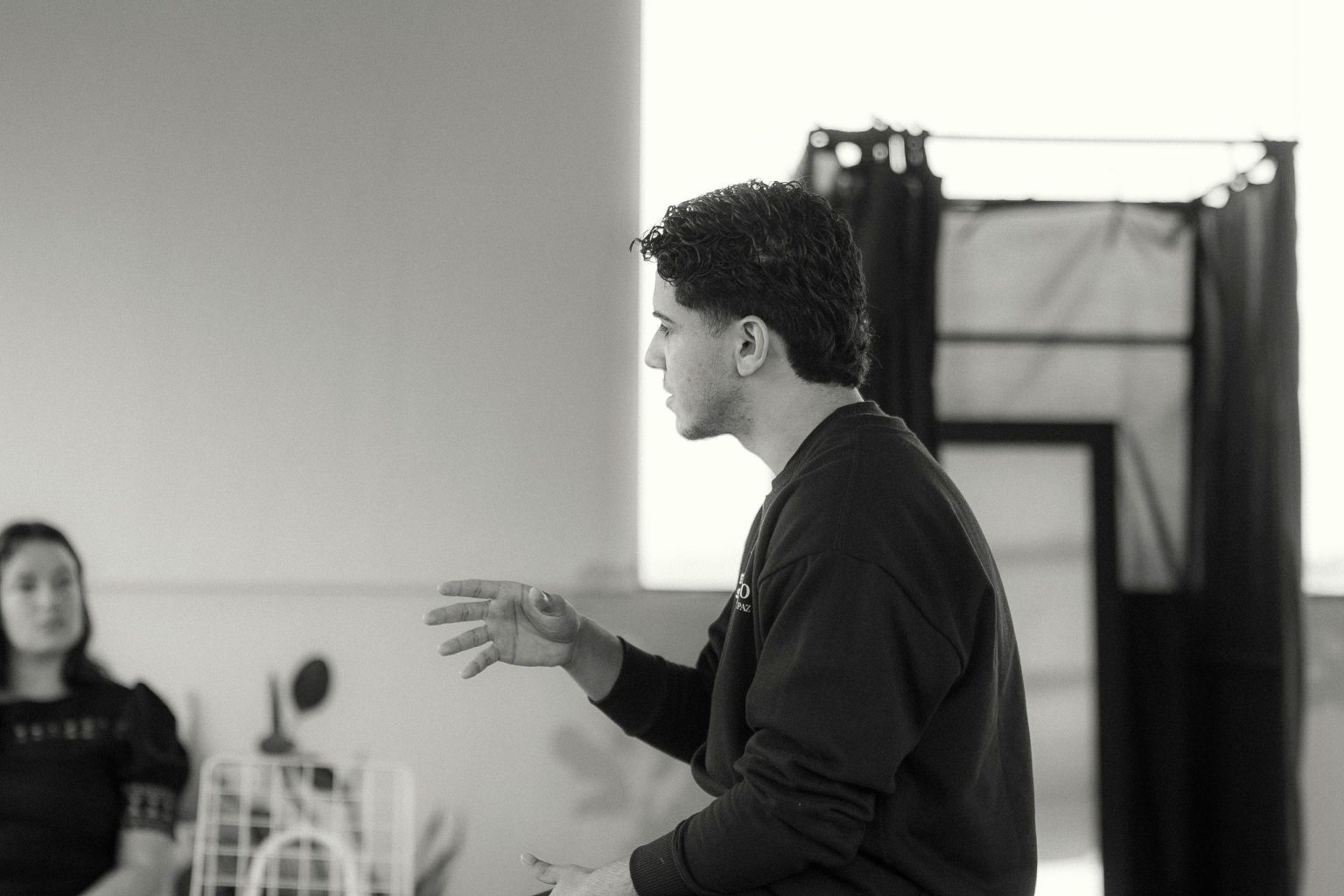Effective communication can be the difference between being heard and overlooked. Mastering presentation skills is an asset and a vital competency that empowers individuals to express ideas clearly, engage audiences, and instigate change. Whether you are an advocate, a community leader, or someone looking to enhance your professional repertoire, developing strong presentation skills can unlock potential in every speaker.
Overcoming Fear and Building Confidence
Anxiety around public speaking is common, often tied to fears of judgment or feeling unprepared. Left unaddressed, these concerns can hold you back from reaching your full potential in personal and professional settings. Structured programs focused on presentation skills are specifically designed to help individuals confront these fears, building confidence through guided practice and constructive feedback.
Thankfully, there are courses that provide a supportive environment, for instance, Impact Factory’s presentation skills course. It is worth taking the time to explore the benefits of this course, but courses like this help you learn practical techniques, such as deep breathing to calm nerves, positive visualisation to shift your mindset, and methods for effectively organising your thoughts. This hands-on approach transforms nervousness into self-assurance, empowering participants to deliver presentations with clarity and impact.
If you want to reinforce your progress, then regular practice and seeking feedback from trusted peers or mentors can make a significant difference. These steps ensure continuous improvement, helping you master the art of engaging audiences and leaving a lasting impression.
Engaging Your Audience: The Power of Storytelling
Captivating an audience requires more than just delivering information; it involves storytelling that resonates with listeners emotionally. The ability to weave personal anecdotes, relevant examples, and relatable experiences into your presentation can make your message more compelling and memorable. This aspect of presentation skills is crucial, particularly for those advocating for social equality.
Through the course, participants learn the art of storytelling and how to structure presentations effectively. Techniques like the three-act structure and visual aids can elevate presentations from mundane to inspiring. By mastering these skills, presenters can create a narrative that draws in their audience, making complex ideas more accessible and engaging.
Implementing storytelling into your presentations enhances interest and fosters a connection with your audience. People who relate to your story are likelier to engage with your message and champion your cause. This is particularly important in advocacy work, where the goal is to inspire action and galvanise support.
Of course, if you want to hone your storytelling skills further, practice sharing your experiences in informal settings. It could help you to identify the elements that resonate with listeners and refine your storytelling technique.
Crafting Clear and Compelling Messages
Clarity is paramount in communication. A well-structured presentation ensures that key messages are conveyed effectively and understood by all audience members. The skills learned in the course empower participants to articulate their thoughts clearly and concisely, avoiding jargon and ambiguity.
One of the techniques taught is the importance of knowing your audience. Tailoring your message to meet the needs and interests of your listeners can significantly enhance engagement. For instance, incorporating local examples can make your message more relevant and impactful when presenting to a community group. Learning to anticipate audience questions and concerns equips speakers to address potential objections proactively.
A powerful presentation informs and persuades. One way to achieve this is by developing a strong call to action. It doesn’t matter if you are advocating for policy changes or seeking community support; knowing how to close your presentation with a compelling request can lead to tangible outcomes.
Additionally, focusing on clarity and audience engagement can ensure your presentations resonate and spur action. Practice crafting messages that align with your objectives and strive to refine your delivery for future presentations. Moreover, consider seeking constructive criticism from trusted peers to sharpen your skills and enhance your effectiveness.
Enhancing Professional Opportunities
Strong presentation skills can set you apart. Employers often seek individuals who can communicate effectively, lead teams, and confidently represent the organisation. Completing the course provides a tangible credential demonstrating your commitment to professional development.
Additionally, the interpersonal skills gained through such training extend beyond formal presentations. Participants are often more adept in meetings, negotiations, and networking situations. Articulating ideas clearly and engaging in meaningful dialogue can enhance professional relationships and open doors to new opportunities.
Consider leveraging your enhanced presentation skills by volunteering to lead workshops or community discussions. Doing so reinforces your learning and positions you as a leader within your community or organisation. Engaging in public speaking opportunities can further solidify your reputation as a skilled communicator, paving the way for career advancement.
Investing in your presentation skills is an investment in your future. As you refine your abilities, you will likely see increased confidence, more professional connections, and a greater impact on your advocacy efforts. Most of all, embracing lifelong learning can enhance your effectiveness and adaptability.

